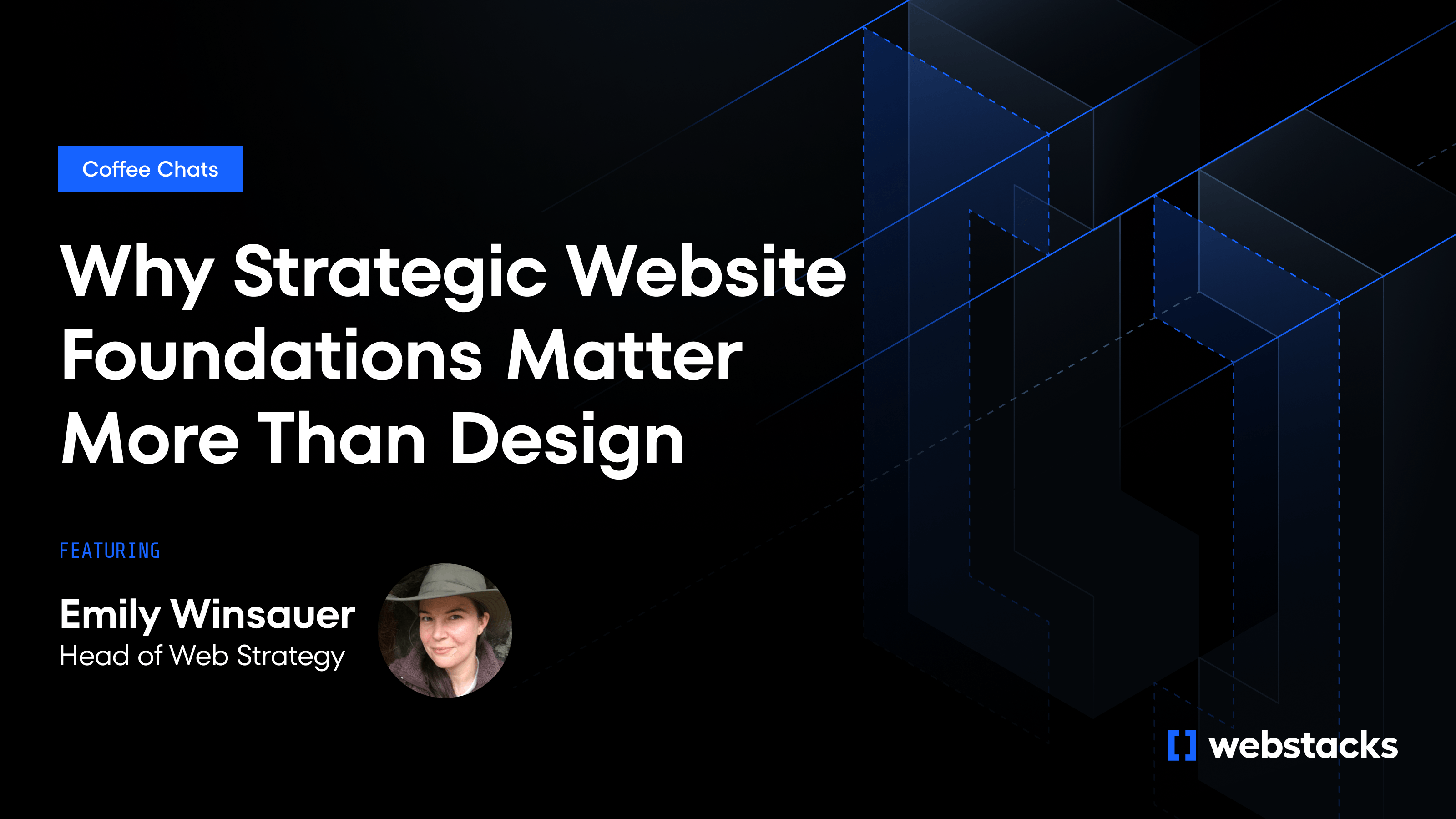Fintech keyword research involves identifying and analyzing search terms related to financial technology that potential customers use. This process helps you understand what your audience is searching for and how to optimize your content to meet those needs.
If you're a marketing manager at a fintech company, you know how crucial it is to drive organic traffic and stay ahead of competitors. But how can you ensure your efforts pay off?
What Types of Fintech Keywords Should You Use?
Short-Tail vs. Long-Tail Keywords
- Short-tail keywords (1-2 words, e.g., "fintech") cover broad topics and attract high search volume but have tough competition. They're good for brand awareness but often lead to lower conversions.
- Long-tail keywords (longer phrases, e.g., "best fintech apps for small businesses") have lower search volume but attract targeted traffic with clear intent, leading to higher conversion rates. They're effective for niche markets.
Informational vs. Transactional Keywords
- Informational keywords (e.g., "what is fintech") are used by those seeking knowledge. Ideal for educational content like blogs and guides, they build brand authority.
- Transactional keywords (e.g., "buy fintech stocks") target users who are ready to convert and are crucial for landing pages and driving sales.
Understanding when to use each type of keyword in your fintech content can help you create a balanced SEO strategy that attracts, educates, and converts your target audience.

5 Things You Need to Do to Effectively Conduct Fintech Keyword Research
Feeling overwhelmed about where to start with keyword research? You're not alone. Many marketing managers struggle with this initial step.
1. Define Your Target Audience
Understanding your target audience is the first step in fintech keyword research. Knowing who you are trying to reach helps tailor your content to their needs and preferences. Start by creating detailed buyer personas. These personas represent your ideal customers and include information like demographics, job roles, and interests.
2. Brainstorm Relevant Topics
Generating keyword ideas begins with brainstorming relevant topics and phrases. Gather your team and leverage their knowledge and expertise. Discuss common questions and concerns your customers have. Use tools like mind maps or brainstorming sessions to explore various angles and related terms. This collaborative approach ensures a comprehensive list of potential keywords that resonate with your audience.
3. Use Keyword Research Tools
Popular tools for keyword research include Google Keyword Planner, Ahrefs, SEMrush, and Moz. These tools provide data on search volume, keyword difficulty, and related terms. To use these tools effectively for fintech, enter your brainstormed keywords and analyze the results. Look for keywords with a good balance of search volume and competition. For professional assistance, consider Webstacks' keyword research services.
4. Analyze Competitors' Keywords
Analyzing competitors' keywords gives you an edge in the fintech industry. A B2B competitor analysis guide and tools like Ahrefs and SEMrush can be used to conduct competitor keyword analysis. This will help you refine your keyword strategy and target terms that competitors may have overlooked. Additionally, studying competitors' content can provide ideas for improving your own.
5. Evaluate Keyword Metrics
Evaluating keyword metrics is crucial for prioritizing your keyword list. Key metrics to consider include search volume, keyword difficulty, and user intent.
- Search volume indicates how often a keyword is searched.
- Keyword difficulty shows how competitive it is to rank for that keyword.
- User intent reveals what users are looking to achieve with their search.
Prioritize keywords with high relevance, moderate difficulty, and clear intent if you want to maintain efficient content workflows. This approach ensures you target keywords that are both achievable and valuable for your fintech content.
What Are the Best Practices for Choosing Fintech SEO Keywords?
Choosing the right keywords can feel like navigating a maze. Let's simplify this process by focusing on proven strategies.
1. Focus on Relevance
- Keywords should directly relate to your fintech services or products.
- Ensure keywords align with your business goals and target audience.
- Use keywords that reflect the specific needs and interests of your potential customers.
2. Consider Search Intent
- Understand what users aim to achieve with their searches.
- Align your keywords with the different stages of the buyer’s journey.
- Use tools like Google Analytics to analyze user behavior and refine keyword choices.
3. Prioritize Long-Tail Keywords
- Long-tail keywords are more specific and less competitive.
- They attract more targeted traffic, leading to higher conversion rates.
- Examples: "best fintech apps for small businesses" or "how to invest in fintech startups."
4. Don't Neglect Local SEO
- Optimize for local search queries to attract nearby customers.
- Include location-based keywords to improve local search visibility.
- Examples: "fintech services in San Francisco" or "local fintech companies."
5. Align with Content Marketing Strategy
- Integrate keywords into your overall content plan. Follow
- Ensure consistency across all content types, including blogs, landing pages, and social media.
- Use keywords to guide content creation and address user needs effectively.
6. Continuously Monitor and Adjust
- Regularly review keyword performance and make necessary adjustments.
- Use analytics tools to track keyword rankings and traffic.
- Stay updated with industry trends and adapt your keyword strategy accordingly.
7. Avoid Keyword Stuffing
- Use keywords naturally within your content.
- Focus on readability and user experience rather than keyword density.
- Ensure that your content remains informative and engaging while incorporating keywords.

What Common Fintech Keyword Research Mistakes Should You Avoid?
Navigating the complexities of keyword research can be tricky, and it's easy to make mistakes that could derail your efforts. Let’s address some common pitfalls.
- Focusing solely on high-volume keywords: High-volume keywords bring traffic but also tough competition. Balance with niche keywords to reach a broader, more targeted audience.
- Ignoring search intent: Ensure keywords match user intent to avoid irrelevant traffic and improve engagement, whether users seek information, products, or services.
- Not considering the competition: Analyze competitors' keywords to identify gaps, allowing you to target less competitive, relevant terms and gain an edge.
- Failing to align with content strategy: Keywords should fit naturally into your content plan, supporting goals and delivering value to readers without confusing the message.
- Stuffing keywords unnaturally: Avoid keyword stuffing, as it harms readability and user experience. Use keywords naturally to maintain engagement and SEO rankings.
- Neglecting long-tail opportunities: Long-tail keywords attract targeted traffic with clear intent. Don't miss out on leads by ignoring niche queries and markets.
Avoid these mistakes to optimize your fintech keyword research and improve your SEO performance.
How Do You Measure the Success of Your Fintech Keyword Strategy?
You’ve invested time and resources into your keyword strategy, but how do you know if it’s working?
Key Performance Indicators (Kpis) To Track
- Organic Traffic: Monitor the number of visitors coming to your site through organic search. Increased organic traffic indicates that your keyword strategy is driving more users to your site.
- Keyword Rankings: Track the positions of your targeted keywords in search engine results pages (SERPs). Higher rankings mean better visibility and more potential traffic.
- Click-Through Rate (CTR): Measure the percentage of users who click on your site’s link after seeing it in search results. A higher CTR suggests that your meta descriptions and titles are compelling and relevant.
- Conversion Rate: Evaluate how many visitors complete a desired action, such as signing up for a newsletter or making a purchase. This shows the effectiveness of your keywords in attracting qualified leads.
- Bounce Rate: Check the percentage of visitors who leave your site after viewing only one page. A high bounce rate may indicate that your content isn’t meeting user expectations.
Tools For Monitoring Keyword Performance
- Google Analytics: Provides insights into organic traffic, user behavior, and conversion rates.
- Google Search Console: Offers data on keyword rankings, CTR, and search queries that bring users to your site.
- Ahrefs: Tracks keyword rankings, backlinks, and competitor analysis.
- SEMrush: Monitors keyword performance, site audits, and competitive research.
- Moz: Provides keyword tracking, site audits, and link analysis.
Adjusting Strategy Based on Performance Insights
- Identify underperforming keywords and consider optimizing or replacing them to
- Focus on high-performing keywords by creating more content around those topics.
- Adjust your content strategy to address gaps and capitalize on new keyword opportunities.
- Continuously refine your keyword list based on the latest data and industry trends.
Why Does Keyword Research Matter for Fintech Companies?
Effective fintech keyword research offers several benefits that can significantly impact your business's online presence and growth. Here are the key advantages:
- Increased organic traffic: By identifying and targeting the right keywords, your content becomes more discoverable to users searching for fintech-related topics. This leads to driving organic B2B website traffic as more people find your content through search engines.
- Higher search engine rankings: Optimizing your content with relevant fintech keywords improves your chances of ranking higher on search engine results pages (SERPs). Higher rankings increase your visibility and credibility, making it more likely that users will click on your website over competitors.
- More qualified leads: Targeting specific fintech keywords helps attract users who are actively searching for the products or services you offer. These users are more likely to convert into leads and customers as they have a clear intent and interest in your offerings.
- Improved brand visibility and authority: Consistently appearing in search results for relevant FinTech keywords enhances your brand's visibility and authority in the industry. Users begin to recognize your brand as a trusted source of information, which can lead to increased trust and loyalty.
- Long-term, sustainable growth: Unlike paid advertising, which requires ongoing investment, effective keyword research and SEO efforts can provide long-term benefits. Once your content ranks well, it can continue to attract organic traffic and generate leads without additional costs.
- Cost-effective compared to paid advertising: While paid ads can provide immediate results, they require continuous spending. In contrast, well-optimized content can drive organic traffic and level up your B2B blog strategy over time, offering a higher return on investment.

Is Fintech Keyword Research Worth the Effort?
Fintech keyword research offers several key benefits. It increases organic traffic, improves search engine rankings, and attracts more qualified leads. It enhances brand visibility and supports long-term growth. In a competitive fintech landscape, staying ahead requires a solid keyword strategy. Effective keyword research delivers long-term value and ROI.
Neglecting keyword research risks missing out on potential traffic and leads, making it harder to compete.
Ready to elevate your fintech SEO strategy? See the Webstacks difference by scheduling a brief discovery call with us today. Visit Webstacks to get started.




